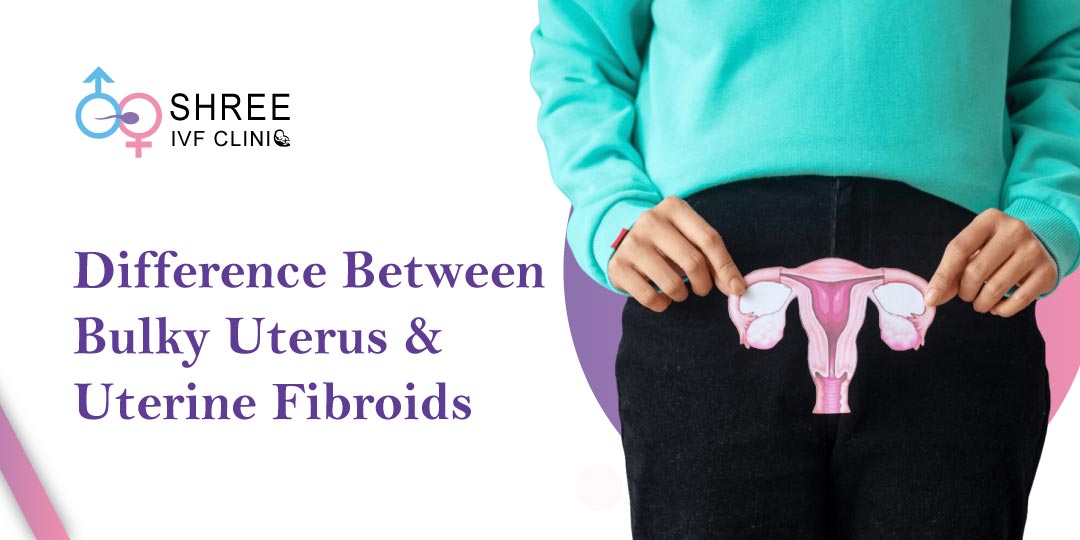Can Fibroids Cause Urine Leakage?
UPDATED ON 27 FEB. 2023
One of these troubling signs is urine leakage, otherwise known as incontinence. Many women don’t know if this symptom can be related to their fibroid diagnosis – but it absolutely can.

AUTHOR
Dr Jay Mehta
TREATMENT
CONDITION
GET IN TOUCH ON
What is urinary incontinence?
It can be caused by numerous health conditions such as childbirth or pelvic surgery, urinary tract infections, obesity, cognitive impairment, neurologic disorders, and chronic medical conditions such as diabetes and cardiovascular disease.
Symptoms of urinary incontinence in women may include leakage of small amounts of urine with coughing, sneezing, laughing or lifting heavy objects; the sudden urge to urinate followed by an irresistible need to urinate; and frequent trips to the bathroom.
Can fibroids cause urinary incontinence i.e. urine leakage?
Fibroids are benign tumours that develop in the uterus and range from tiny to large.
The location and size of fibroids can affect how they cause symptoms like urine leakage.
Fibroids that are located within the walls of the uterus or near the entrance to the bladder can press on nearby nerves and muscles, causing them to become weak or spasm uncontrollably, which can lead to difficulty controlling your urge to urinate.
Additionally, a large fibroid may also put pressure on your bladder and obstruct it over time, making it difficult for you to hold your urine until you reach a restroom.
Also Read : Symptoms of Uterine Fibroids
What treatments are available?
- Medications :
Certain medications such as anticholinergics and tricyclic antidepressants can reduce the spasm of your bladder muscles, helping you regain control over your urination reflex.
- Surgery :
Surgery is an option if medications are not providing relief. Depending on the size and location of the fibroid, it may be possible to remove all or part of the uterus surgically.
This procedure is known as a myomectomy and can help prevent urine leakage by removing the source of your symptoms.
- Uterine artery embolization (UAE):
UAE is a minimally invasive procedure that involves blocking the arteries that supply blood to the fibroid, thus reducing its size and relieving pressure on your bladder.
- Hormonal therapy:
Birth control pills may be used to slow the growth of fibroids and reduce symptoms such as urinary incontinence.
Hormonal therapies like progestin-releasing IUDs can also be effective in shrinking fibroids and preventing urine leakage.
If you are experiencing urine leakage due to fibroids, speak with your doctor about potential treatments to help relieve your symptoms.
With the right treatment plan, you can reduce or eliminate urine leakage caused by fibroids and regain control over your bladder health.
Also Read : What happens if fibroids go untreated?

5,140+
Google Reviews
397K+
subscribers
finding the right solutions tailored to their specific
circumstances can make all the difference ”
Whom to consult if you are experiencing urinary incontinence?
Your physician can evaluate your condition and recommend the best course of treatment for you.
You may need to see a urologist or a gynaecologist if your symptoms are related to fibroids.
If medications don’t provide relief, they may suggest surgery or another minimally invasive procedure like UAE.
It’s also important to make lifestyle changes such as eating a healthy diet, exercising regularly, and doing pelvic floor muscle exercises to help strengthen the muscles that control urination.
These changes can help alleviate symptoms and reduce urine leakage associated with fibroids.
Summary
Treatment options for fibroids that cause urinary incontinence include medications, surgery, uterine artery embolization (UAE), and hormonal therapy.
It’s important to consult with a doctor if you are experiencing urinary incontinence due to fibroids so they can evaluate your condition and recommend an appropriate treatment plan.
Additionally, lifestyle changes such as eating a healthy diet and exercising regularly can help reduce symptoms associated with fibroid-related urinary incontinence.
AUTHOR
Dr Jay Mehta
TREATMENT
CONDITION
CALL US 24/7 FOR ANY HELP
GET IN TOUCH ON
Share Article on
Recommended Reading
Bulky Uterus & Uterine Fibroids : Understanding Diagnosis, Treatments, Risks & more
In this blog, we’ll detail some of the typical signs and causes associated with both types of fertility issues.
Fibroids Diet : Best Foods For Uterine Fibroids
It is important to note that food choices can play a role in managing fibroid symptoms. Eating an anti-inflammatory diet full of nutrient
Uterine Fibroids and Pregnancy | Dr. Jay Mehta
Are you planning to become pregnant and want to know more about uterine fibroids and pregnancy? Uterine fibroids are non-cancerous




